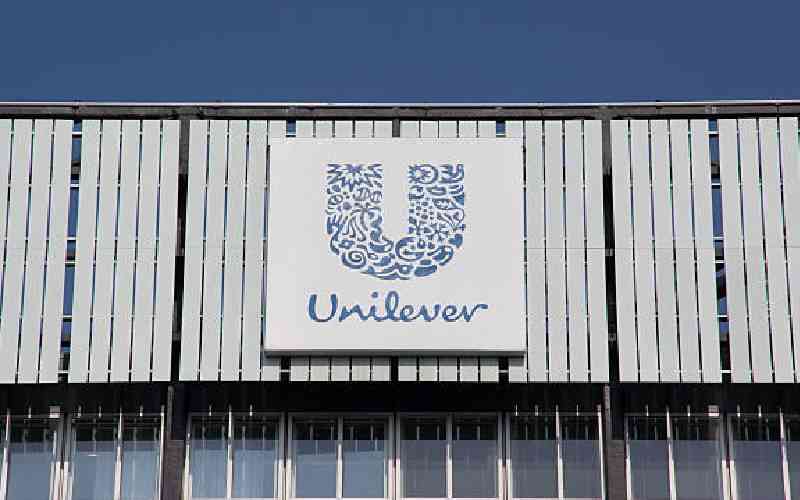×
The Standard e-Paper
Join Thousands Daily

The competition watchdog has ordered consumer goods giant Unilever to review all its supply agreements and shorten the payment periods after the giant producer was found to be exploiting traders who supply it with goods.
Unilever - the maker of popular household products Omo, Lifebuoy, and Vaseline - was found by the Competition Authority of Kenya (CAK) to have abused its buyer power which is the ability of a buyer to obtain terms of supply more favourable than a supplier's ordinary contractual terms.